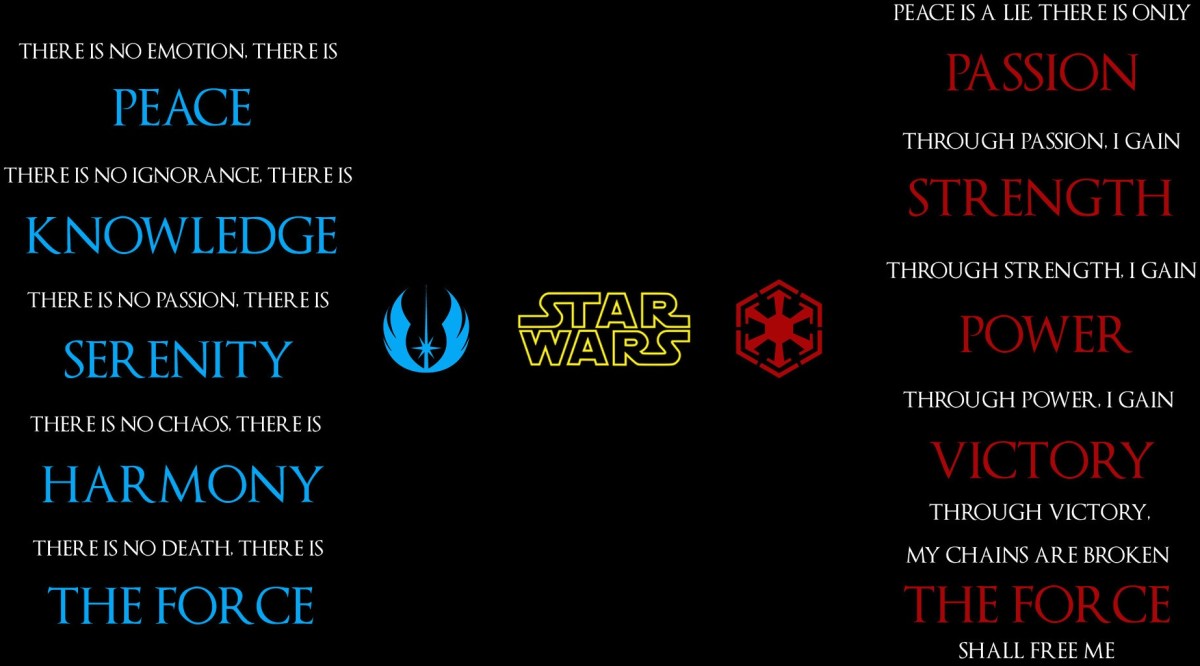- HubPages»
- Entertainment and Media»
- Movies & Movie Reviews»
- Science Fiction & Fantasy Films
The Thing (1982): A Movie Review

Once again, I will define what I mean by the term Essential Cinema.
I consider a film, made decades ago, to be "essential cinema," if I can imagine it being released today, with similar artistic and dramatic impact.
What elements of a film do I use to make such a determination?
Well, last time I reviewed a Steve McQueen police procedural from the 1960s called "Bullitt." In short, my finding was that it is not "essential cinema" because of the fact that I and my generation grew up watching police procedurals on series television.
This film simply does not represent anything that I have not seen hundreds of times "before" on television.
The judgment about whether or not a film is essential cinema is subjective and dependent upon what I call a "generational perspective."
I consider the Gary Cooper film, High Noon (1952) to be essential cinema. I base this on two things:
- A) I consider it a great film, driven by a great performance by one of cinema's greatest actors.
- B) This judgment comes from my own subjective generational perspective. I did not grow up watching Westerns on series television. High Noon is not something I've seen over and over again, hundreds of times "before."
However, to someone who did grow up watching Westerns on series television, High Noon may not appear to be as "essential" as I do.
However, whether or not a film's essential elements have been incorporated into subsequent television serials --- is not the only test of whether or not I consider a film to be "essential cinema."
How does the film's thesis or important themes hold up?
In other words, are the ideas the film presents as fresh today as they were yesterday? In still other words, does the film still "speak" to us? Are the truths about life, it explorers, the same truths we are confronted with today?
Put another way: Has there been any improvement or upgrade in the ideas presented in said film? Or were the truths presented in the film of such an eternal nature that any qualitative upgrade, of those ideas, an extremely precarious proposition?
Why don't I just get to the point?
The Thing (1982) is essentially Alien (1979) on Earth, mixed with Invasion of the Body Snatchers (1956).
Now, once again, I shan't bother with a plot summary. The reason for this is, once again, as always, that such can be obtained anywhere.
The important thing (no pun intended) to remember is this:
- This film is about infiltration.
- Something familiar plays host to (either willingly or unwillingly) of something foreign or alien (again, no pun intended).
- Interestingly, the defeat of "the thing" required total sacrifice. In the end, every single human being involved, had to die so that the creature could not survive, and then go forth to infiltrate and take over --- essentially "body snatch" the rest of the human and even non-human species native to this planet.
- It is, perhaps, the case that the most heartbreakingly terrifying monsters are those that insidiously attack us from within. What is so heartbreaking about this is that such infiltration has a way of bringing the sturdiness of human identity itself, into question.
- Does that make sense?
Now then, having said all that, the question is this: Is The Thing (1982) what I call "essential cinema"?
The short answer, for me, is no.
This is because the ideas we've been talking about, above, have been taken to a more sophisticated level. Three films I can think of, off the top of my head, which do this are: Abraham Lincoln Vampire Hunter (2012); Devil (2010); and Captain America: Winter Soldier (2014).
That "more sophisticated level" is this: Monsters do not so much prey on innocent, vulnerable humans, or human innocence or human vulnerability --- as they do on human evil.
Monsters prey on human evil. They are drawn to it like buzzards to rotting flesh. Furthermore, it is the ability to hide behind the infrastructures of historical human evil, such as slavery in Lincoln's time, that enhances the power of the monsters.
For example, those of you who saw Captain America: Winter Soldier, will recall that the evil organization of Hydra, had come to the conclusion that in order to truly take power, "the people" would have to ultimately give it to them.
How did they go about that?
Why, by simply infiltrating the heart of the legendary Good Guy organization known as SHIELD.
Question: What was it about the Good Guy organization of SHIELD that it did not notice the infiltration and growth from within, of the evil parasite known as Hydra?
There is so much more I could say about this subject. But I will not, for Mercy's sake.
Final Verdict: John Carpenter's The Thing (1982) is an excellent film, on a technical, storytelling level. It is straightforward, direct, and workmanlike. It does not play around. The film gets to where it needs to get to and does what it needs to do.
There is nothing wrong with this film. The acting performances are all, as far as I can tell, on point.
This film is a fine viewing on a rainy Saturday afternoon, when you have nothing better to do.
Thank you for reading!








